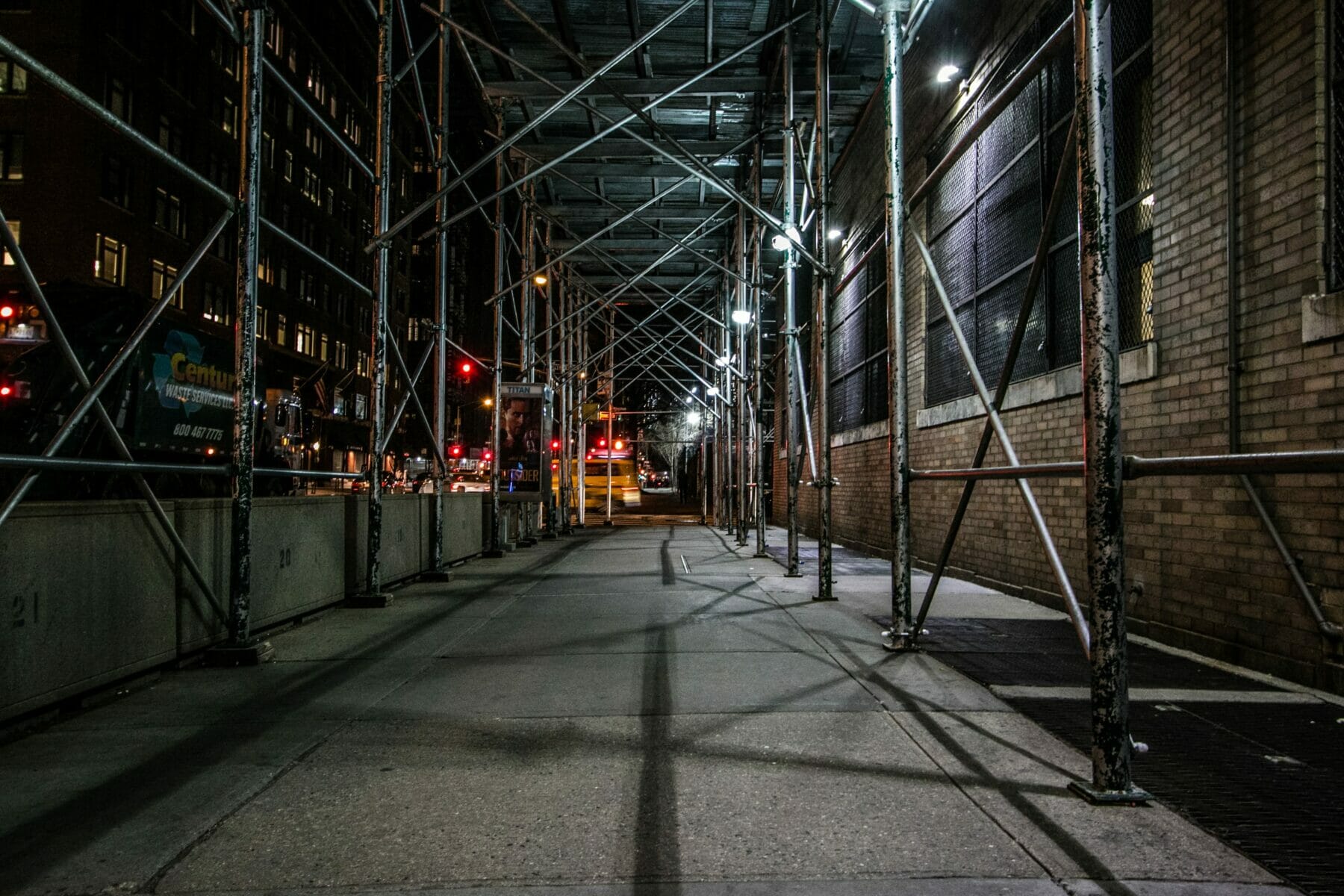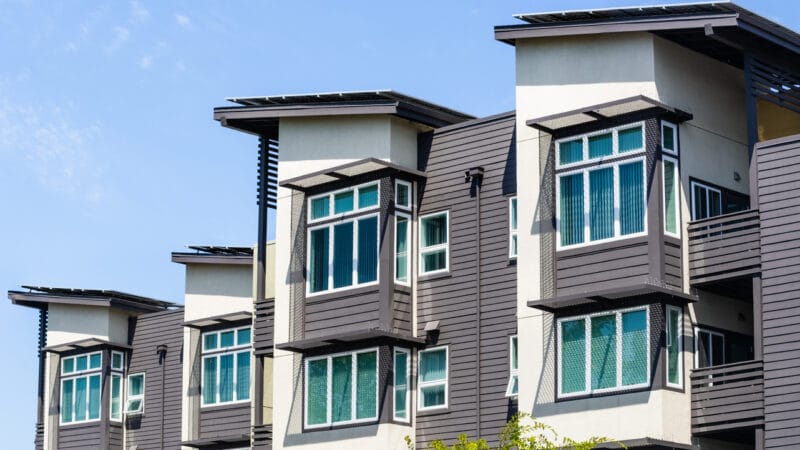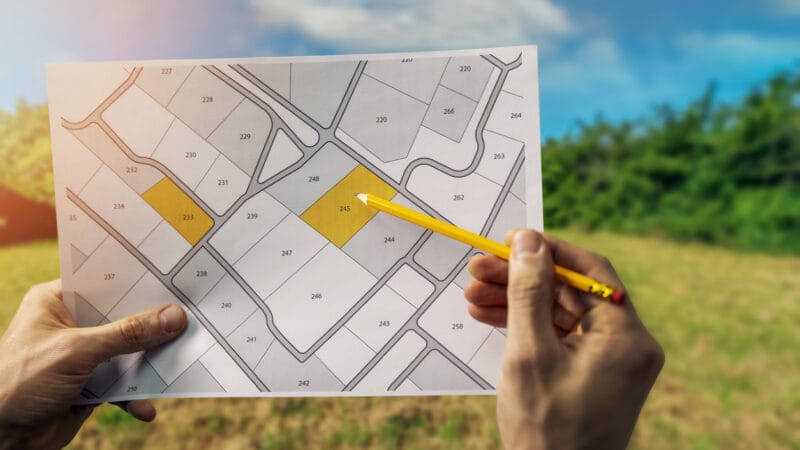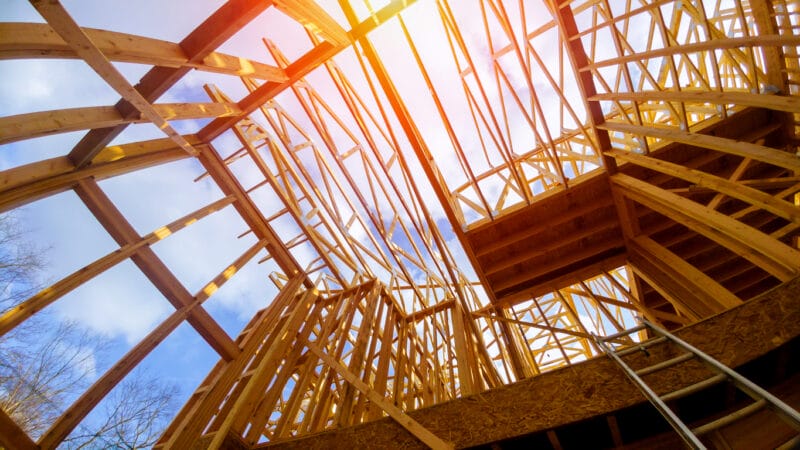We’ve made it! In one piece. Kind of. After almost five weeks of COVID-19 Level 4, a never before seen pandemic inflicting untold harm and suffering on to our health, society and economy, New Zealand has just taken the significant step of moving back to COVID-19 Level 3.
New Zealand, as a team, has been incredible. Who would have thought a few months ago that the entire country could and would go into lockdown? The entire nation deserves a medal. But we are not out of the woods yet. And moving back to level 3 brings its own unique challenges.
The construction sector plays a crucial role to the economy – and councils of course play an integral role in the construction industry. Understandably, there has been a real push to get these (in our humble opinion) “essential” services back up and running and thankfully, building inspections will be permitted.
But what does this mean in practice for building inspections? And what are some of the pitfalls that councils should watch out for?
Building site inspections
Underlying the government’s rules for COVID-19 Level 3, most councils have also issued protocols to its staff for the carrying out of building inspections. Many councils are operating under the same if not very similar protocols.
While building and construction site inspections can take place, building site safety and physical distancing protocols mean that inspections will be far from normal. Protocols include strict standards relating to physical distancing and hygiene, such as:
- Not touching shared surfaces such as paperwork/only using electronic plans loaded onto their own devices.
- Restrictions on shared vehicle use.
- Frequent sanitation of all vehicle surfaces regularly touched.
- Appropriate use of PPE (personal protection equipment).
In addition, inspectors will be required to sign in and out of a site register when they enter and leave (providing personal contact details and a health declaration), so that authorities know who has been on a site and can conduct contact tracing, in the event of a COVID-19 outbreak.
Building inspectors will need to be mindful at all times of the risks posed by others on site. Helpfully, Construction Health and Safety New Zealand has published health and safety protocols for residential construction sites in level 3 and it has encouraged local authorities to take a zero tolerance approach to any serious breaches of these health and safety protocols.
Technology based inspections
Another interesting development arising from this unique situation is that in its latest guidance, MBIE actively encourages councils to consider alternative means of inspecting building work, and to make use of technology to carry out remote inspections, where possible. MBIE gives the example of homeowners or builders providing photographs of completed work and says that in such cases, agreements should be made with the council who issued the consent, so that the parties are aware what evidence is required for different types of building work.
A greater use of technology makes perfect sense in principle given the current physical distancing and health and safety constraints. That said, it is important to note that, before issuing a Code Compliance Certificate, a local authority must still be satisfied on reasonable grounds that all relevant building work complies with its building consent.
If a council does accept alternative evidence such as photographs, a council will need to carefully consider on a case by case basis whether it is satisfied that it has reasonable grounds to issue a CCC.
Conclusion
There is no shortage of issues to consider as inspectors head back to site. For more information, there are some great resources online, including guidance from BOINZ, various council websites, the government and MBIE, amongst others. For more specific questions, please feel free to contact us.





